Soil inoculants serve as blends of beneficial microorganisms aimed at enhancing soil fertility and promoting plant health. These microorganisms, including bacteria, fungi, and other microbes, work synergistically to improve soil structure, nutrient availability, and overall soil health. Unlike traditional fertilizers that solely replenish nutrient levels, soil inoculants foster symbiotic relationships with plants, contributing to a thriving soil ecosystem.
A Diverse Array of Soil Inoculants
Soil inoculants are biological products used to enhance plant growth and health by improving the soil microbiome. They are categorized into several types based on the function and type of microorganisms they contain.
Rhizobia inoculants introduce nitrogen-fixing bacteria to legume crops, aiding in nitrogen fixation.
Mycorrhizal fungi inoculants form symbiotic relationships with plant roots, improving nutrient and water uptake.
Biofertilizers incorporate various microorganisms to increase soil fertility and plant nutrient absorption.
Phosphate-solubilizing and potassium-solubilizing bacteria convert insoluble forms of these nutrients into forms accessible to plants.
Each inoculant type targets specific plant needs, optimizing growth conditions and supporting sustainable agriculture practices.
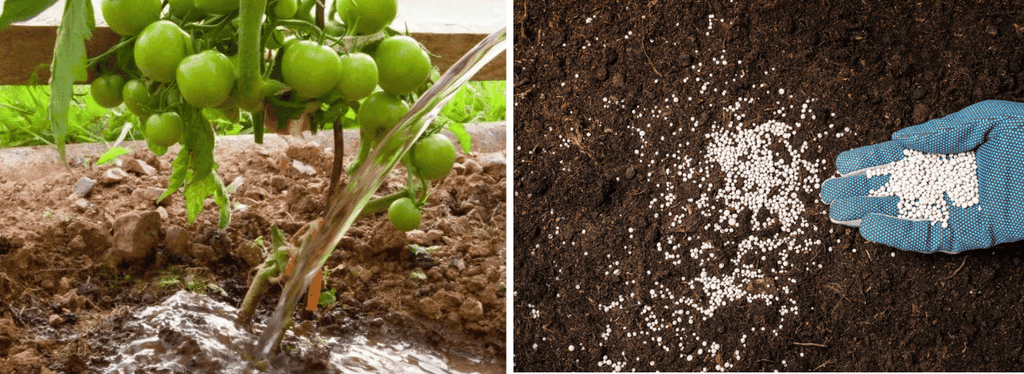
Clarifying the Distinction Between Soil Inoculants and Fertilizers
Soil inoculants and fertilizers are both used to promote plant health and growth, but they operate through fundamentally different mechanisms.
Soil inoculants are biological products containing beneficial microorganisms, such as bacteria and fungi, that enhance the soil's microbial environment. They work by establishing symbiotic relationships with plant roots, improving nutrient uptake, enhancing nitrogen fixation, increasing resistance to pathogens, and stimulating plant growth through natural processes.
In contrast, fertilizers are chemical or organic substances added to soil or plant foliage to supply essential nutrients directly to plants. They focus on providing specific nutrients, such as nitrogen, phosphorus, and potassium, that plants need for growth, rather than enhancing the biological properties of the soil.
While fertilizers address immediate nutrient deficiencies, soil inoculants aim to build long-term soil health and fertility by enriching the soil microbiome, leading to sustainable agricultural practices.
Unlocking the Benefits of Soil Inoculants
The incorporation of soil inoculants into agricultural practices yields a plethora of benefits. By enhancing soil structure and tilth, increasing nutrient availability, and suppressing soil-borne pathogens, soil inoculants contribute to healthier plants, higher yields, and reduced reliance on synthetic inputs.
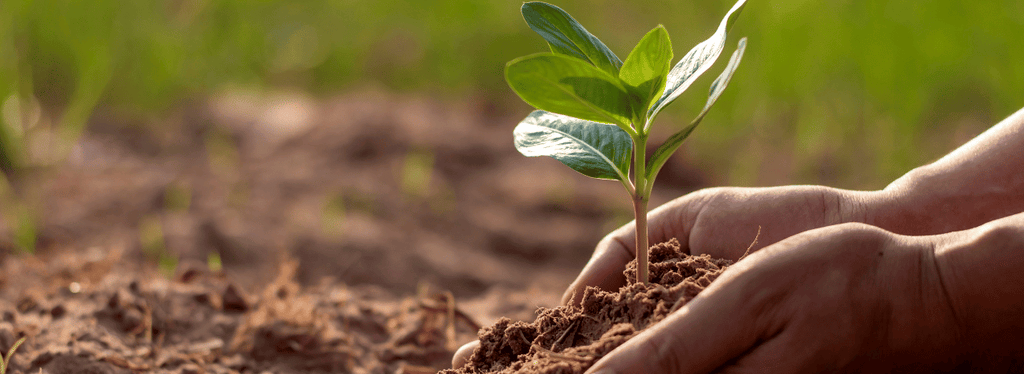
Adapting Soil Inoculants to Different Plant Types
Unlocking the benefits of soil inoculants involves several key practices.
Firstly, selecting the right type of inoculant tailored to the specific needs of the crop and soil conditions is crucial. This ensures the introduced microorganisms are compatible and can thrive.
Secondly, proper application techniques, adhering to recommended rates and timings, maximize the effectiveness of the inoculants.
Thirdly, maintaining healthy soil conditions through good agricultural practices, such as adequate irrigation, organic matter management, and pH optimization, supports the survival and activity of beneficial microbes.
Lastly, integrating soil inoculants with a holistic soil health management plan amplifies their impact, leading to improved nutrient uptake, enhanced plant growth, and increased resilience against pests and diseases.
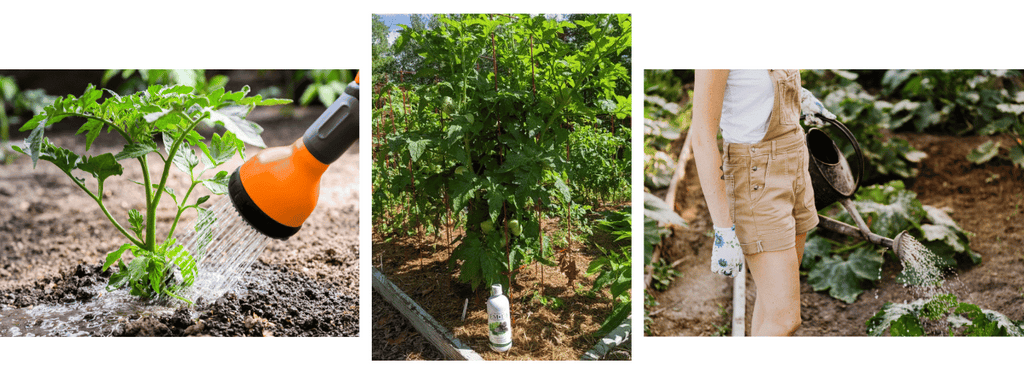
EM-1®: A Premier Soil Inoculant for Composting and Beyond
EM-1® distinguishes itself as a preeminent soil inoculant, celebrated for its remarkable efficacy and adaptability. Especially in composting endeavors, EM-1® expedites the decomposition process, mitigates unpleasant odors, and fosters the production of nutrient-rich compost, thus promoting sustainable soil management practices.
At the heart of EM-1® lies a unique microbial blend comprising lactic acid bacteria, yeasts, and phototrophic bacteria. This diverse consortium of microorganisms synergistically catalyzes the composting process, optimizing nutrient cycling and microbial activity. Moreover, the inclusion of effective microorganisms in EM-1® confers unparalleled versatility, rendering it suitable for a myriad of soil enrichment applications beyond composting.

Practical Applications: How to Use Soil Inoculants
Practical applications include treating seeds before planting to ensure close contact between the microbes and plant roots, thereby facilitating early growth benefits. Inoculants can also be applied directly to the soil before sowing, especially in fields with depleted microbial populations or where specific crops that benefit from symbiotic relationships, such as peas, beans, and other legumes, are to be planted.
Additionally, incorporating inoculants into transplanting holes or furrows during planting enhances root colonization. For optimal effectiveness, it's important to follow manufacturer guidelines on storage, handling, and application rates to ensure the viability of the microbial population and achieve the desired agronomic outcomes.
Assessing the Necessity of Pre-Planting Inoculation
Pre-planting inoculation is crucial for optimizing plant health and yield, especially for crops that benefit from specific microbial associations, such as legumes with nitrogen-fixing bacteria.
This process introduces beneficial microbes into the soil or onto seeds before planting, establishing early symbiotic relationships that enhance nutrient uptake, improve soil structure, and increase disease resistance.
In soils lacking in these beneficial microbes or in fields where crop rotations do not support their natural replenishment, pre-planting inoculation ensures plants have the necessary microbial support from the outset, leading to more robust growth and potentially higher yields.
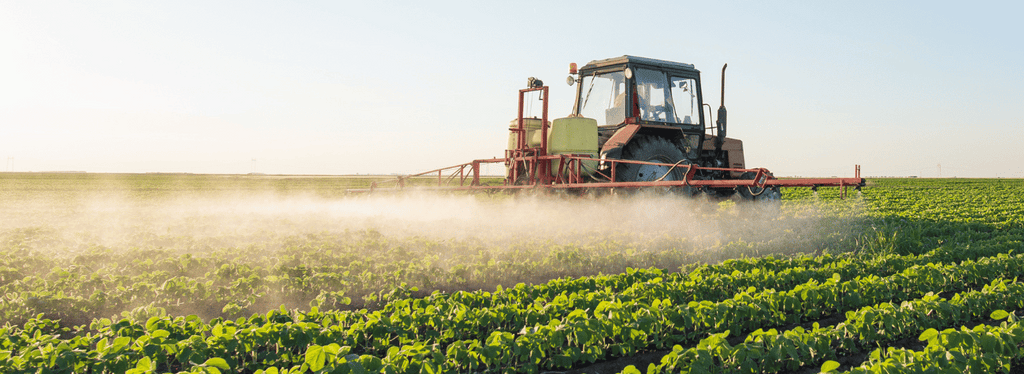
Implementing Direct Soil Inoculant Methods
Implementing direct soil inoculant methods involves applying beneficial microbes directly into the soil to improve plant health and soil fertility. This can be done through several techniques, such as broadcasting granular inoculants across the field before tilling, injecting liquid inoculants into the soil at planting, or coating seeds with inoculants before sowing.
These methods aim to increase the population of beneficial microorganisms in the soil, such as nitrogen-fixing bacteria or mycorrhizal fungi, which can enhance nutrient uptake, improve soil structure, and increase crop resilience against pests and diseases, ultimately leading to improved crop yields and soil health.
Procedural Steps for Effective Soil Inoculation
Effective soil inoculation involves a series of procedural steps to ensure the beneficial microorganisms successfully colonize the soil and promote plant growth.
Firstly, identify the specific needs of your crop and select an appropriate inoculant type, such as rhizobia for legumes or mycorrhizal fungi for a broad range of plants. Before application, test your soil to understand its current microbial population and nutrient levels.
Next, prepare the inoculant according to the manufacturer's instructions, which may involve mixing with water for liquid formulations or ensuring the granular form is ready for direct application.
Apply the inoculant close to the plant roots or seeds during planting to facilitate immediate colonization. For seed treatments, coat the seeds evenly with the inoculant before sowing. After application, water the soil adequately to help the microbes establish themselves.
Finally, monitor plant growth and soil health over time to assess the effectiveness of the inoculation and make adjustments for future growing seasons.
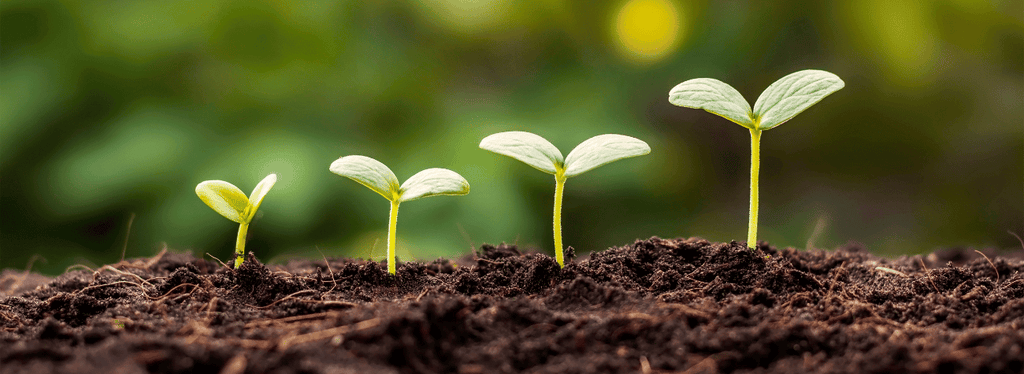
The Longevity of Soil Inoculants: A Consideration for Sustainable Agriculture
The longevity of soil inoculants is a critical aspect of sustainable agriculture, offering a way to maintain and enhance soil fertility and plant health over extended periods.
Unlike chemical fertilizers, which provide short-term nutrient boosts, inoculants such as beneficial bacteria and fungi can establish symbiotic relationships with plants, improving nutrient uptake, water efficiency, and disease resistance sustainably.
Their persistence in the soil depends on factors like compatibility with the crop, soil conditions, and management practices. By promoting a balanced soil microbiome, inoculants contribute to the long-term viability of agricultural systems, reducing the need for chemical inputs and fostering resilient, healthy crops.
Mitigating Excessive Inoculation: Finding the Balance
Mitigating excessive inoculation involves careful management to prevent the over-application of soil inoculants, which can lead to imbalances in the soil microbiome and potentially harm plant growth.
To avoid such outcomes, it is crucial to adhere to recommended inoculant rates based on soil tests and crop needs. Understanding the specific requirements of both the crop and the inoculant species is key.
Additionally, monitoring soil conditions and microbial populations can help in adjusting applications to avoid redundancy or negative interactions. This targeted approach ensures that inoculation benefits are maximized without disrupting the natural soil ecosystem, promoting healthy plant development and sustainable agricultural practices.

